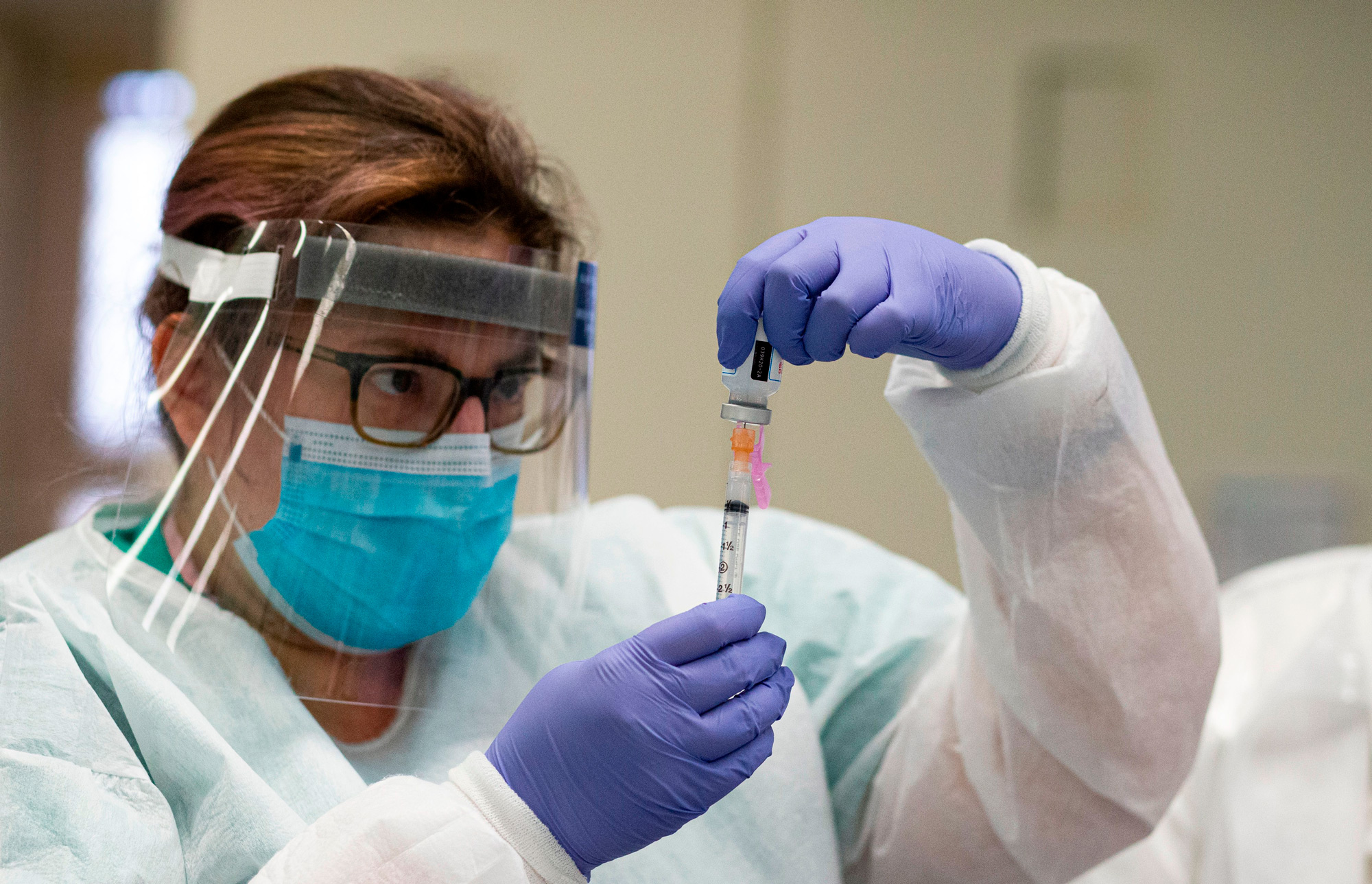
So, a possible reason for the difference in response/effectiveness between the two mRNA vaccines may lie within how immunity was specifically conferred, whether through differences in the LNPs, dosage, or concentrations of mRNA. It is also possible the differences in dosages and concentrations of mRNA between the two have created slightly different downstream effects, and, therefore, slightly different immune responses. You should get your second shot as close to the recommended 3-week or 1-month interval as possible. The way innate immunity reacts will affect the way the adaptive immunity reacts, and if the different LNPs of the vaccines have slightly different downstream effects, this could change the specifics of the immune response. Moderna doses should be given 1 month (28 days) apart. Exactly how these immune responses are initiated can make a HUGE difference in how protection is conferred. It's also possible the lipid nanoparticle (different for each mRNA vaccine) may kind of act like an adjuvant as well. There is a rare risk of myocarditis and pericarditis associated with mRNA COVID-19 vaccination, mostly among males ages 12 through 39 years. A very rare serious adverse event is myocarditis, which is mainly observed in young males aged 18-35 after the second dose. Severe allergic reactions to vaccines are rare but can happen. In October 2021, the GACVS COVID-19 subcommittee concluded that the mRNA COVID-19 vaccines have clear benefits in all age groups in reducing hospitalizations and deaths due to COVID-19. See Appendix D for additional dose information for Janssen COVID-19 Vaccine recipients. Side effects throughout the body (such as fever, chills, tiredness, and headache) are more common after the second dose of the vaccine. Downstream, this causes transcription and expression of inflammatory cytokines and chemokines, and, therefore, a robust immune response (this is the case for both mRNA vaccines). In this situation, regardless of type and timing of vaccine received as the second dose, administer a Moderna or Pfizer-BioNTech vaccine as the third (additional) dose at least 2 months after dose 2. Both do not have an explicit adjuvant (basically a kickstarter to get the immune response going), because the mRNA, once inside the cell, can elicit an innate immune response through a few different receptors specific for nucleic acid. mRNA COVID-19 vaccines (Pfizer and Moderna) may improve the immune. The lipid nanoparticle (LNP) that holds this mRNA is what will differentiate Moderna and Pfizer, as well as some dosage and concentration differences. New data indicates that an eight-week interval between the first and second doses of the. WHEN SHOULD I GET MY SECOND DOSE OF VACCINE The best time to get the 2nd dose of the.

There’s a lot more that goes into vaccine design than just the main component (mRNA encoding antigen in this case).


 0 kommentar(er)
0 kommentar(er)
